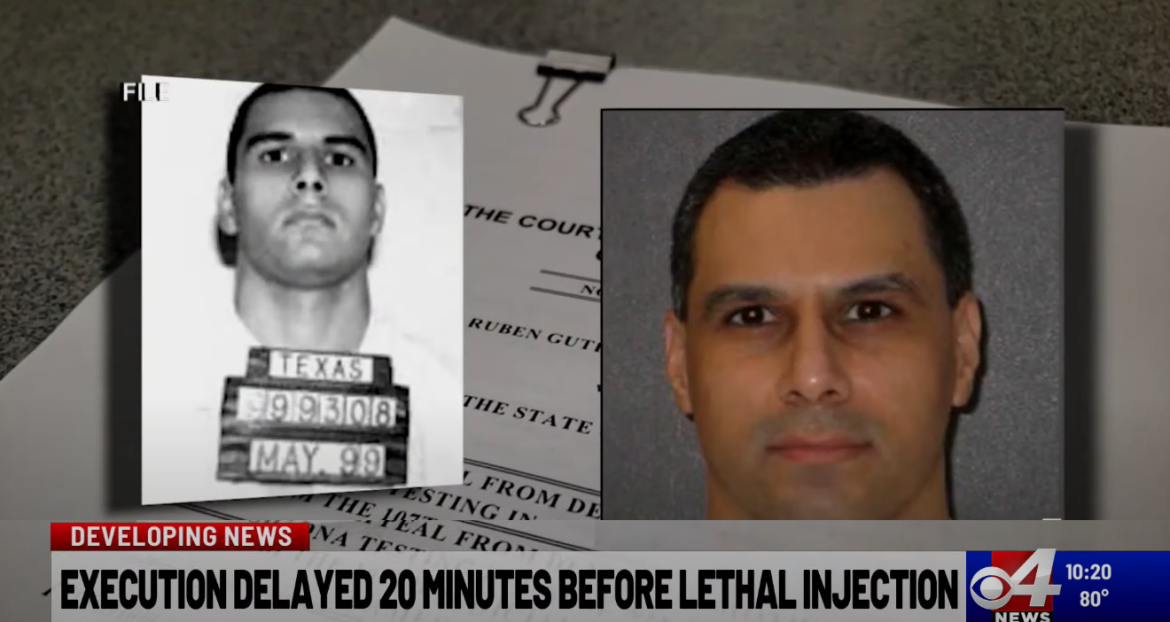The U.S. Supreme Court has intervened to halt the execution of Ruben Gutierrez, a Texas inmate convicted of murdering an 85-year-old woman in her Brownsville home 25 years ago. Gutierrez, who was scheduled to be executed by lethal injection on Tuesday night, received a stay of execution less than an hour before the planned procedure.
Gutierrez’s lawyer, Shawn Nolan, has been advocating for a DNA test that could potentially prove his client’s alleged innocence. The Supreme Court’s decision to grant the stay is based on this request, giving Gutierrez a temporary reprieve while the legal and forensic matters are further examined.
The stay of execution raises questions about the reliability of the evidence that led to Gutierrez’s conviction and highlights ongoing debates over the use of DNA testing in capital punishment cases. The case has drawn significant attention due to the potential implications for forensic science and the justice system.
A spokesperson for the Texas Department of Criminal Justice has stated that it remains unclear how long the delay in execution will last. The department is awaiting further instructions from the court regarding the next steps in Gutierrez’s case.
The Supreme Court’s intervention underscores the critical role of judicial review in death penalty cases, ensuring that all possible evidence is thoroughly considered before an irreversible action is taken. As the legal proceedings continue, Gutierrez’s case will likely be closely watched by advocates and opponents of the death penalty alike.



